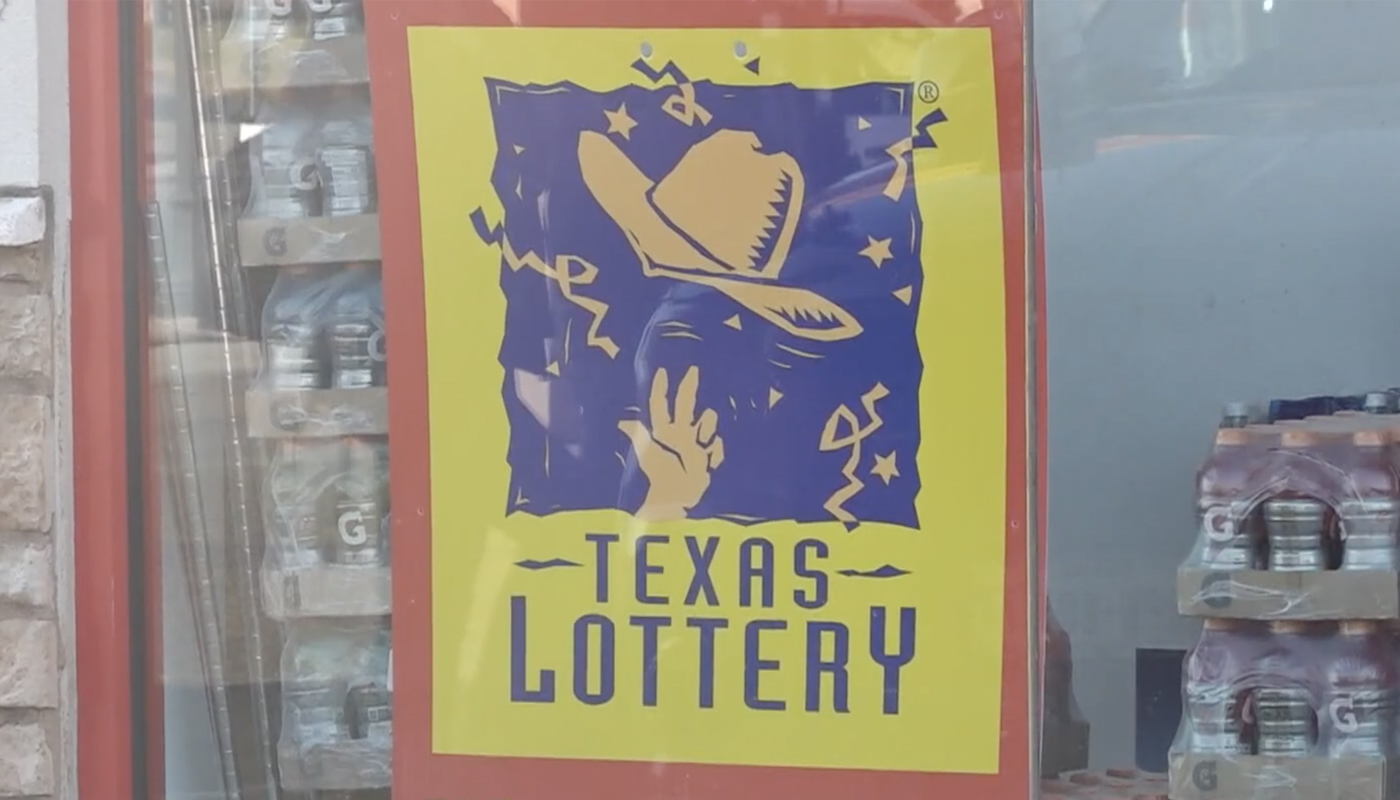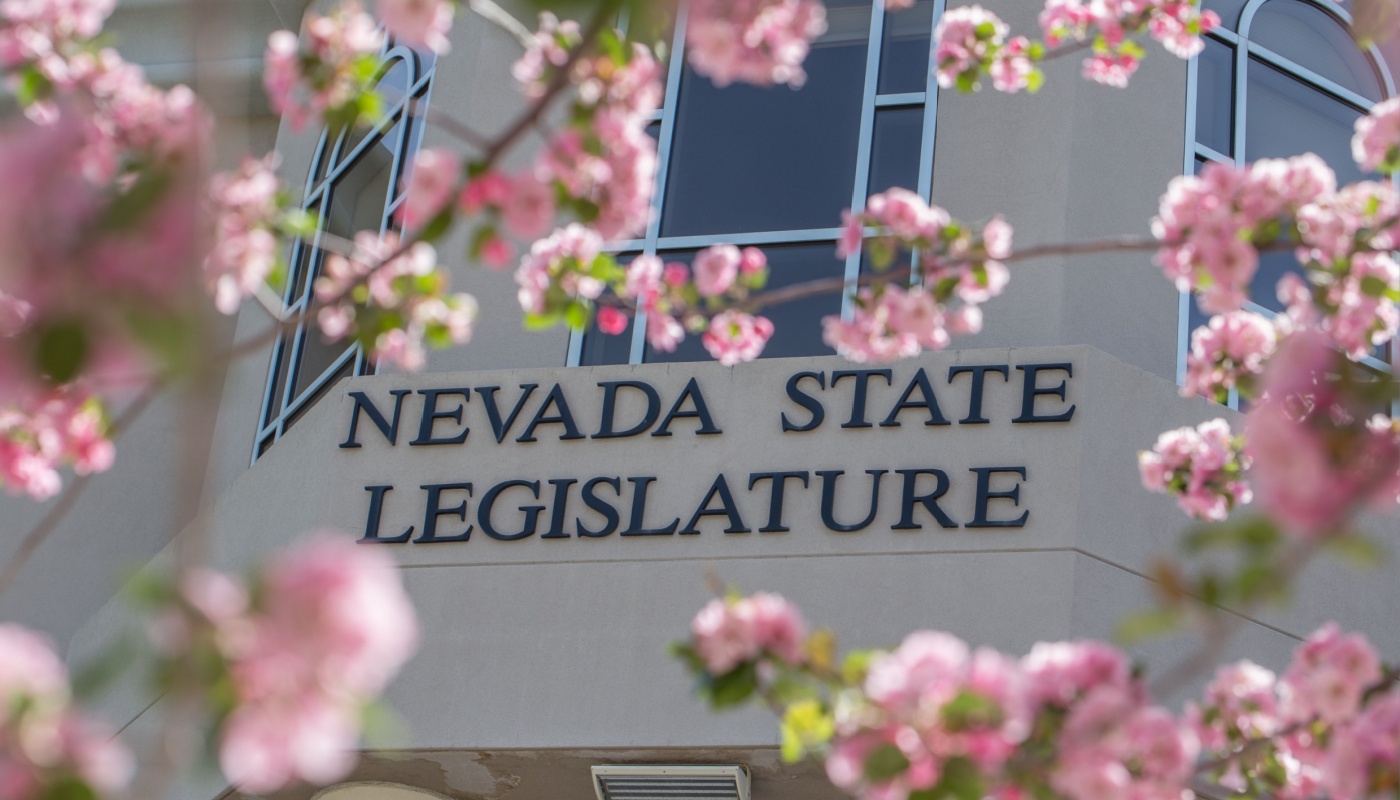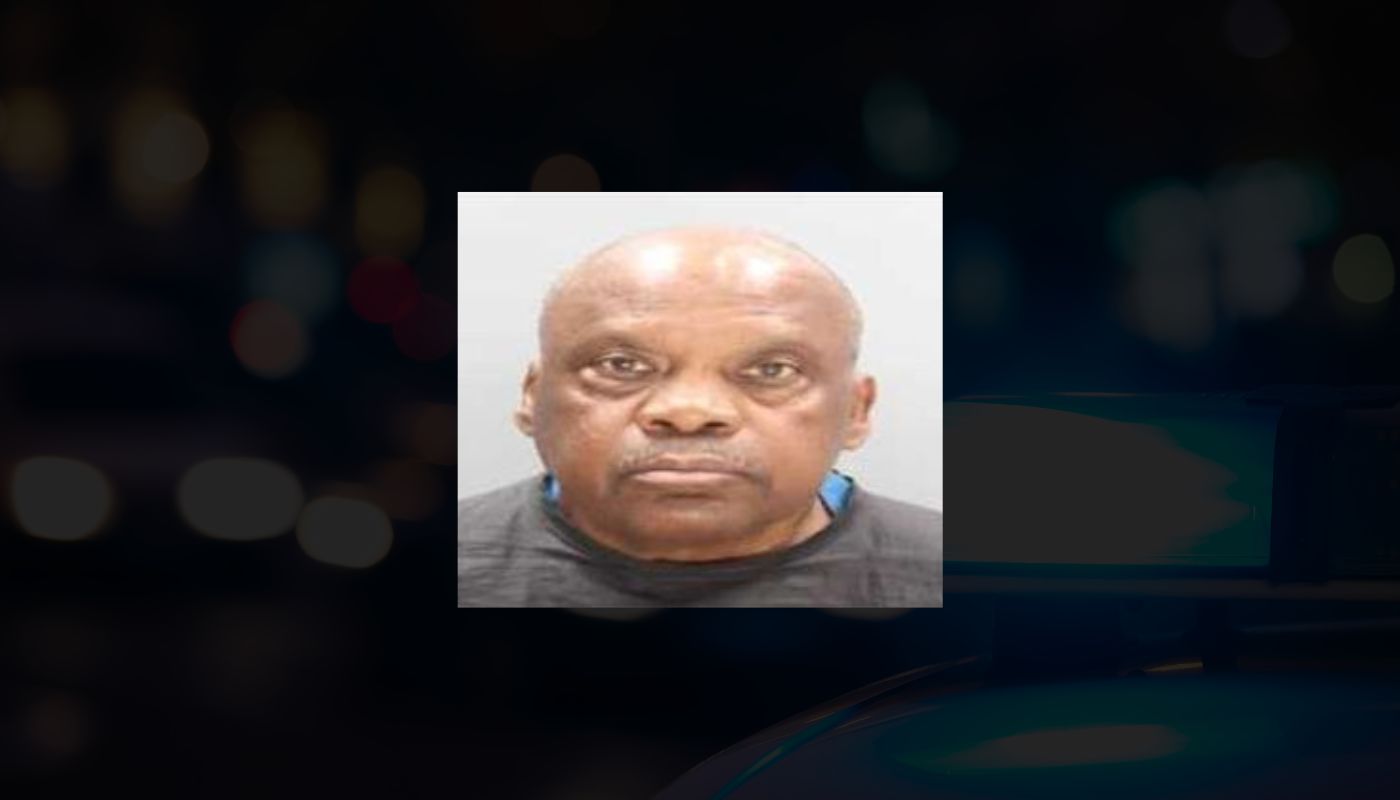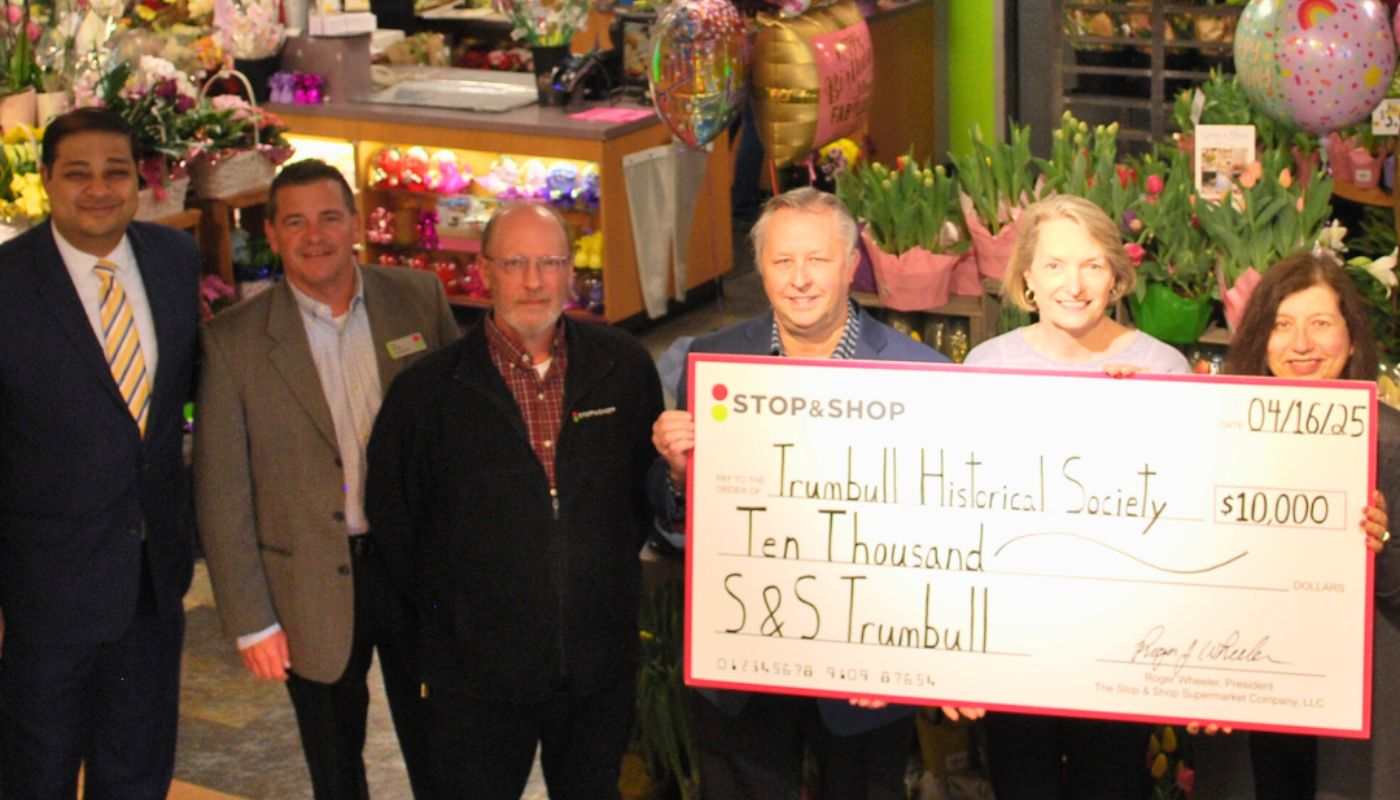
News writer
The lottery industry is experiencing a transformative moment. Traditional big-ticket games are losing their shine, while smaller, more accessible lottery products are emerging as unexpected heroes of state revenue streams.
A nuanced performance landscape
Iowa Lottery CEO Matt Strawn's recent report reveals a complex financial picture. The lottery's fiscal year 2025 sales have reached nearly $292 million, surpassing budget projections by 7.88%. This achievement is far from straightforward.
Traditional lottery wisdom suggested that massive jackpots drove ticket sales. Now, a new narrative is emerging. Smaller, more frequent games are becoming the backbone of lottery revenues. Instaplay products, for instance, have seen a robust 14.13% sales increase. Pulltab games are up 2.43%. Lotto America has experienced a remarkable 20.9% surge.
The decline of mega jackpots
National lottery games are telling a different story. Mega Millions and Powerball are experiencing dramatic sales declines. Mega Millions sales have dropped 21.31%, while Powerball has seen an even more precipitous fall of 53.9%. Scratch tickets, traditionally a reliable revenue stream, are marginally down by 4.32%.
The context is critical. Last year's astronomical jackpots set an almost impossible standard. A $1.1 billion Mega Millions prize and a nearly $1.3 billion Powerball jackpot created lottery fever that's hard to replicate. These weren't just lottery draws; they were national events that captured widespread imagination.
Economic pressures and consumer behavior
Several factors are reshaping the lottery landscape. Consumer confidence is wavering. Inflation and economic uncertainty are changing how people view discretionary spending. The $5 Mega Millions ticket price—the first increase in over two decades—represents more than a pricing strategy. It's a reflection of broader economic pressures.
The automatic Megaplier and elimination of breakeven prizes suggest a strategic shift. Lottery operators are trying to make games more attractive while managing operational costs. Each ticket now offers a more compelling value proposition, with potential multiplied winnings built into the base price.
Massachusetts as a microcosm
The Iowa experience isn't isolated. The Massachusetts Lottery provides a revealing parallel. They're seeking a $13.6 million budget boost to address operational challenges. Competing against casinos and sports betting requires aggressive strategic thinking.
Massachusetts Lottery officials understand the stakes. Their advertising budget increase request—from $6 million to $10 million—demonstrates a commitment to maintaining market relevance. It's a recognition that modern lottery success requires more than just selling tickets. It demands sophisticated marketing and audience engagement.
The new lottery survival strategy
The current landscape demands innovation. Smaller lottery products are proving more resilient than their high-profile counterparts. Instaplay games, pulltabs, and state-specific lotteries offer more frequent wins and lower price points. They align better with current consumer preferences and economic realities.
For state lottery commissions, this represents a significant strategic pivot. Diversification is no longer just a buzzword—it's a survival mechanism. The ability to create engaging, accessible games could determine a lottery's financial health.
The future of lottery gaming
What does this mean for players and state revenues? The industry is at a crossroads. Traditional models are being challenged. Players are seeking more frequent engagement, lower financial risk, and a sense of immediate gratification.
State lottery commissions are listening. They're developing games that offer more than just the dream of a massive jackpot. They're creating experiences, community engagement, and more predictable revenue streams.
Will this trend continue? The early indicators are promising. For states like Iowa, the future of lottery revenues lies not in occasional mega-wins, but in consistent, engaging smaller games that connect with a broader audience.
The lottery isn't dying. It's evolving.




















Comments